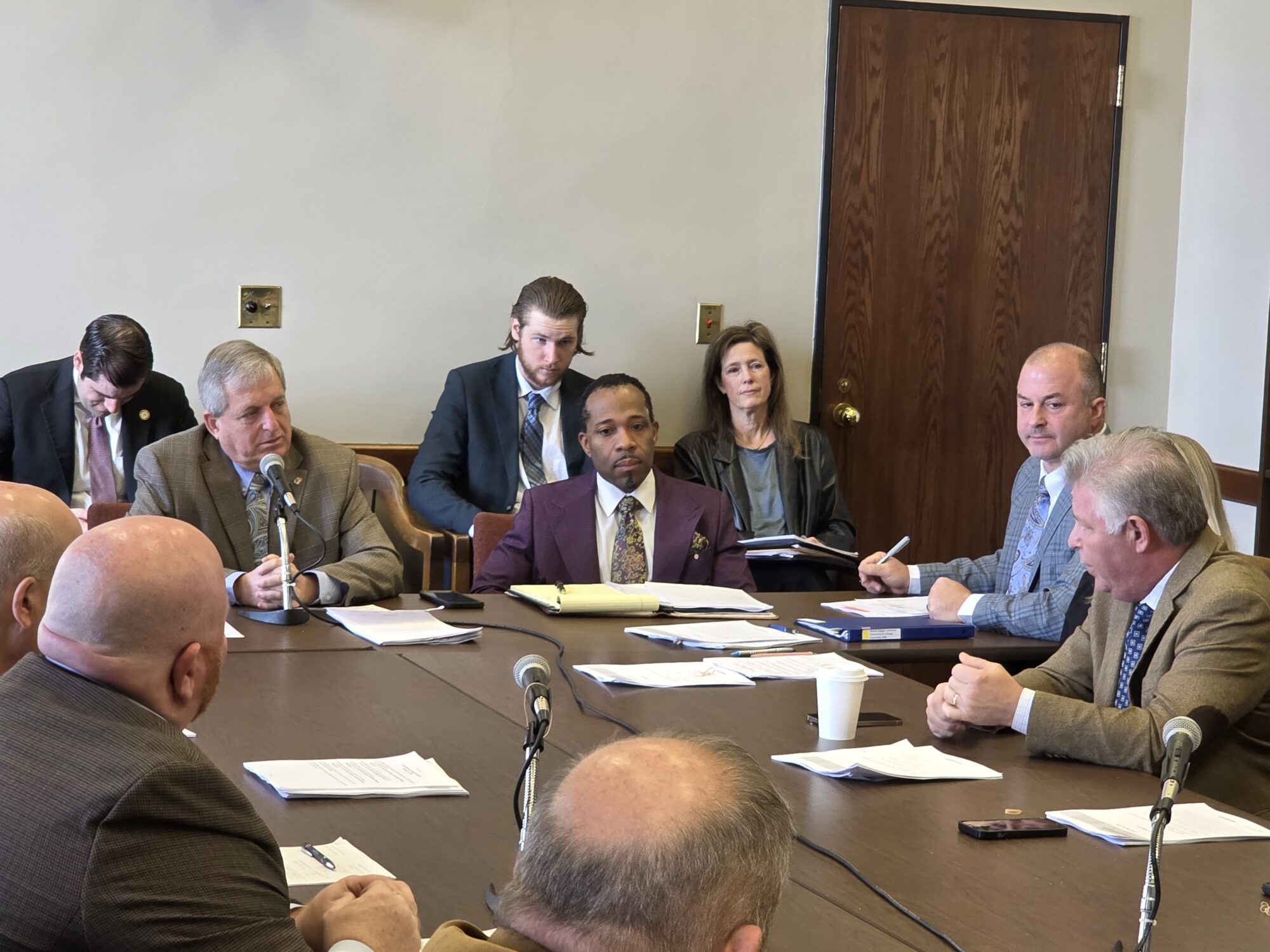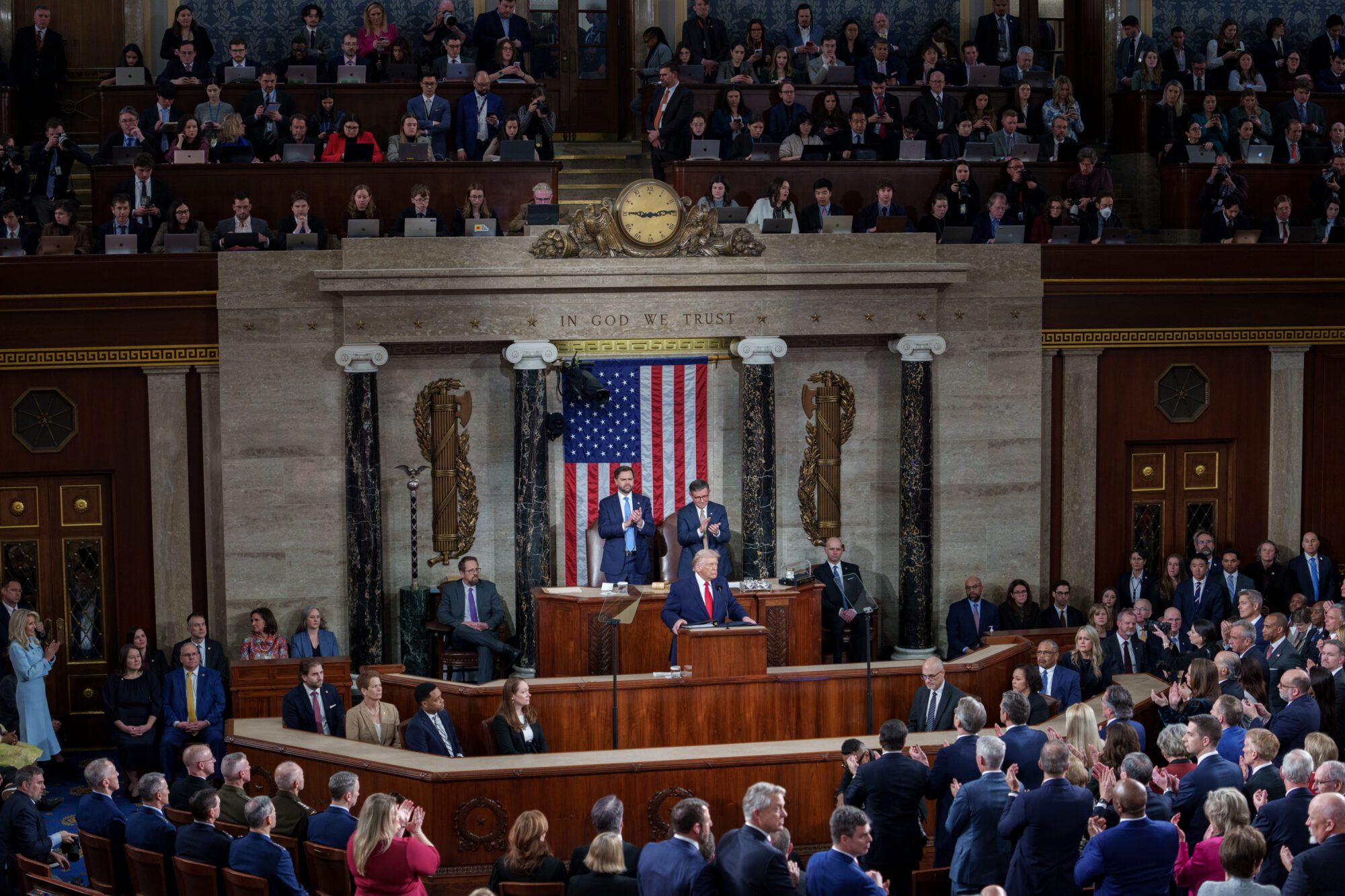
By: Sid Salter
The Federal Elections Commission second quarter campaign finance reports are in and for State Sen. Chris McDaniel, the reports are everything he’s been telling us they would be in his steady drumbeat of fundraising emails called the “Remember Mississippi Moneybomb.”
Since March, McDaniel has used this email device to raise campaign money from his supporters. The announced goal of the “Moneybomb” gambit was $100,000. But despite the hyperbole about the McDaniel campaign representing a national “movement” and claims that “I’m the establishment’s #1 enemy” – McDaniel’s fundraising effort in the 2018 campaign has not performed remotely as well as it did in his 2014 campaign against former Republican U.S. Sen. Thad Cochran.
McDaniel lost the Republican second primary to Cochran in 2014 by a 51 to 49 percent margin. What made that race compelling in 2014 was the campaign finance angle as the longtime GOP incumbent Cochran faced the challenge of the Pine Belt legislator McDaniel making his first statewide race.
Four years later, McDaniel of Ellisville is one of four candidates in the 2018 Class II U.S. Senate special election being contested for a partial term to succeed Cochran that will end in 2021. The nonpartisan special election will be held Nov. 6.
Mississippi’s interim Class II U.S. senator is Republican Sen. Cindy Hyde-Smith of Brookhaven, appointed by Gov. Phil Bryant to fill Cochran’s unexpired term after Cochran stepped down from the post in April citing persistent health problems.
Challenging Hyde-Smith in the nonpartisan special election for the right to succeed Cochran is former municipal candidate Tobey Bartee of Gautier, former Democratic U.S. secretary of agriculture and congressman Mike Espy of Madison and McDaniel.
The most recent 2018 FEC quarterly campaign finance reports from the candidates in this race are pretty straightforward. To make the stretch run to November, Hyde-Smith has $1.39 million cash on hand while Espy has some $281,000 cash on hand (including a $111,000 personal loan he made to the campaign).
McDaniel trails Hyde-Smith and Espy with some $156,000 cash on hand (including a $55,000 personal loan he made to the campaign), while Bartee had no FEC filings listed.
What a difference four years makes for the McDaniel campaign. In the 2014 GOP primary with Cochran, McDaniel raised $3.24 million in traditional campaign contributions and attracted another $5.7 million from outside groups either supporting ($3.56 million) or opposing ($2.17 million) his campaign for a total spend of some $8.94 million. In the same race, Cochran drew $7.86 million in traditional campaign contributions and some $6.21 million from outside groups either supporting ($2.43 million) or opposing ($3.78 million) his re-election.
All in all, the 2014 Mississippi Senate race saw the expenditure of a total of some $23 million – about $11 million in traditional campaign finance and nearly $12 million in outside spending, mostly by political action committees and so-called Super PACs.
McDaniel correctly forecast that his campaign would take some lumps in the media and among the politicos for his relatively anemic campaign finance numbers in the most recent FEC reports. But those numbers really don’t tell the tale.
In 2014, McDaniel was the political darling of conservative groups like Club for Growth and Freedom Works, groups that by themselves put up $2.53 million in Super PAC spending opposing Cochran and $1.12 million supporting McDaniel.
The campaign finance story in the current race is that while McDaniel’s camp has struggled to raise traditional campaign funds, the conservative PAC and Super PAC groups that embraced him in 2014 against Cochran have by and large ignored his campaign in 2018.











